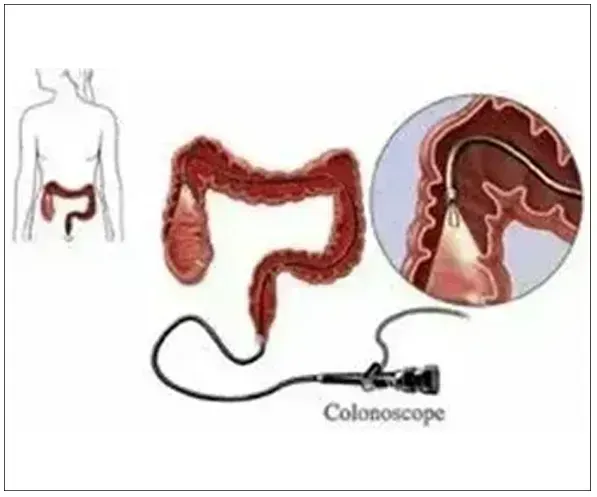What is colon and rectal cancer screening?
Colon and rectal cancer screening is a way in which doctors check the colon and rectum for signs of cancer or growths (called polyps) that might become cancer. It is done in people who have no symptoms and no reason to think they have cancer. The goal is to find and remove polyps before they become cancer, or to find cancer early, before it grows, spreads, or causes problems.
The colon and rectum are the last part of the digestive tract. When doctors talk about colon and rectal cancer screening, they use the term "colorectal." That is just a shorter way of saying "colon and rectal." It's also possible to say just colon cancer screening. Studies show that having colon cancer screening lowers the chance of dying from colon cancer.
What are the different screening tests for colon cancer?
They include:
- Colonoscopy – Colonoscopy allows the doctor to see directly inside the entire colon. Before you can have a colonoscopy, you must clean out your colon. You do this at home by drinking a special liquid that causes watery diarrhea for several hours. On the day of the test, you get medicine to help you relax. Then a doctor puts a thin tube into your anus and advances it into your colon. The tube has a tiny camera attached to it, so the doctor can see inside your colon. The tube also has tiny tools on the end, so the doctor can remove pieces of tissue or polyps if they are there. After polyps or pieces of tissue are removed, they are sent to a lab to be checked for cancer.
- In certain situations, a doctor might do something called a "capsule" colonoscopy. For this test, you swallow a special capsule that contains tiny wireless video cameras. This might be done if your doctor was not able to see your entire colon during a regular colonoscopy.
- CT colonography (also known as virtual colonoscopy or CTC) – CTC looks for cancer and polyps using a special X-ray called a "CT scan." For most CTC tests, the preparation is the same as it is for colonoscopy.
- Stool test for blood – "Stool" is another word for bowel movements. Stool tests most commonly check for blood in samples of stool. Cancers and polyps can bleed, and if they bleed around the time you do the stool test, then blood will show up on the test. The test can find even small amounts of blood that you can't see in your stool.
- Sigmoidoscopy – A Sigmoidoscopy is similar in some ways to a colonoscopy. The difference is that this test looks only at the last part of the colon, and a colonoscopy looks at the whole colon. Before you have a Sigmoidoscopy, you must clean out the lower part of your colon using an enema. This bowel cleaning is not as thorough as the one for colonoscopy.
- Stool DNA test – The stool DNA test checks for genetic markers of cancer, as well as for signs of blood. For this test, you get a special kit in order to collect a whole bowel movement.
How do I choose which test to have?
Work with your doctor or nurse to decide which test is best for you. Some doctors might choose to combine screening tests.


